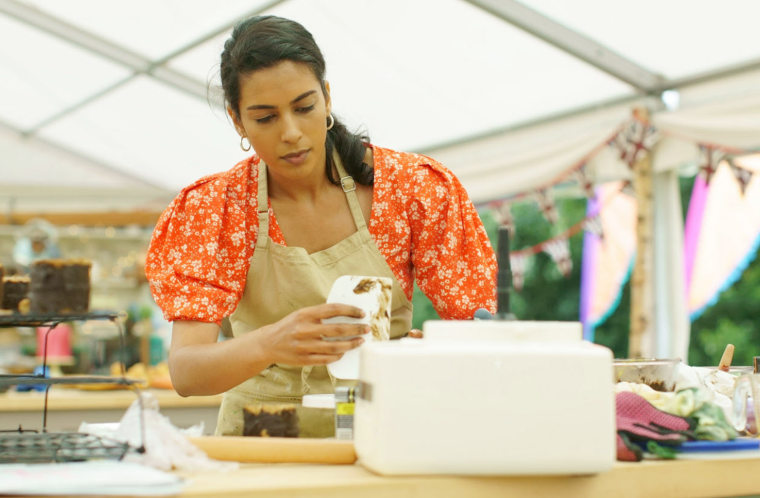Baking — especially the type of baking-engineering hybrid on "The Great British Bake Off" — can seem pretty intense to those who haven’t baked before. The precise measurements, folding techniques and fancy French words like "bavarois" can be pretty off-putting.
But my baking journey — starting as a very haphazard, laissez-faire cook who turned to baking and slowly had to learn the ropes of a whole new ballgame — might just convince you to begin your own.
My cooking confession
I may have come off a pretty intense baking show, but truth be told, I’m still pretty new to baking, having started about three years ago. This may probably be quite controversial, coming from a "Bake Off" finalist, but I’d say I’m first and foremost a cook — then a baker (*hides under a gingham cloth*).
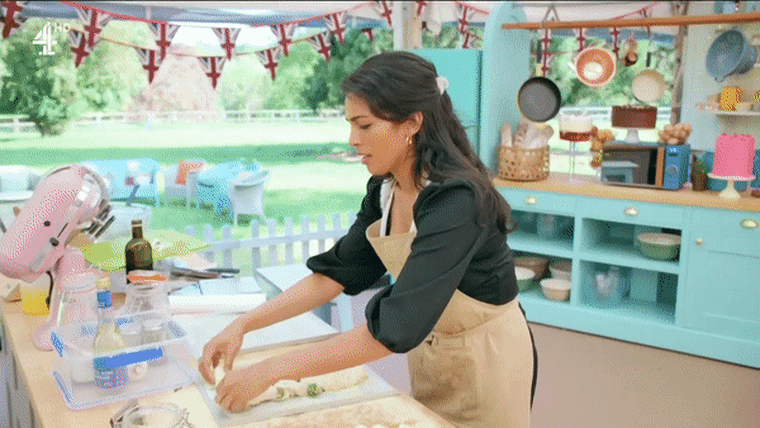
I started cooking when I was really young. I used to watch my mum cook when I was about six, and was quickly assigned her chief taste-tester. She taught me the importance of balancing sweet with savory, or adding in a touch of vinegar or lemon juice to cut through richer flavors, and so I developed my palate at quite a young age. Through watching my mum’s cooking, I gradually started picking up tips and tricks, before eventually learning how to cook my own dishes. And then baking only really happened in the past few years, when my sisters started demanding cakes and bread. But I didn’t really think of it as baking — I just thought of it as an extension of cooking, which, in hindsight, was probably my downfall.
Mistakes will happen
For context — as I mentioned, I was (and still am, to a great extent) a haphazard cook. I never measure anything or follow recipes. If I am making something new, I’ll use a recipe as guidance, but I never read it thoroughly and often change ingredients where I see fit. I always "season to taste," and will throw in bits of different spices, a squeeze of lemon here and there, or a drizzle of honey, until the flavors balance out perfectly (which makes trying to write down my own recipes very difficult!).
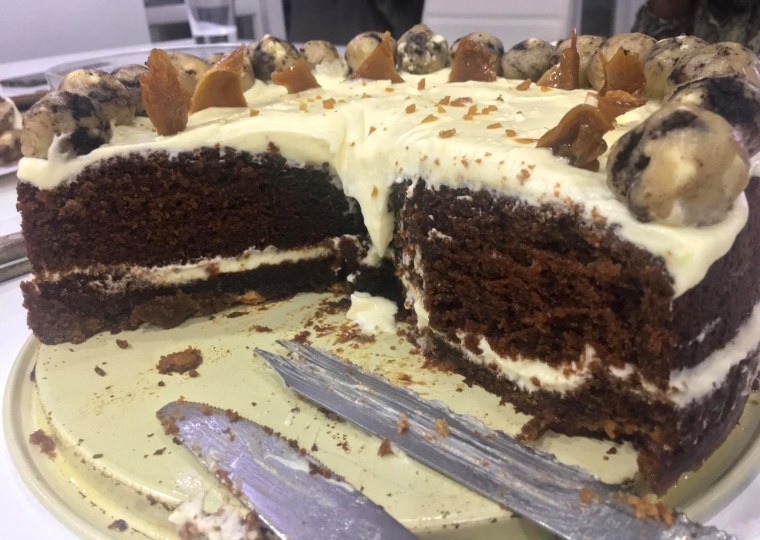
Unfortunately, I started using this mindset when I turned to baking. I remember having some leftover egg whites, so I thought I’d make some meringues. Did I use a recipe? No. Did I weigh out anything? No. I just whisked my egg whites and added lots of icing sugar. To be fair, the mixture piped very well, and I put my beautiful pre-baked meringues in the oven, ready for my little sugary treats. After about 45 minutes (which, again, was a number plucked out of thin air), I opened the oven to retrieve my baked goods and, lo and behold, my meringues had evaporated. You heard me: gone. I don’t know where they went, but I had somehow managed, through my lack of recipe-following, to perform a magic trick and make meringues disappear. Aside from learning that I had magic powers, that harrowing experience also taught me that I needed to follow recipes when it came to baking, and I slowly started coming to terms with the fact that I couldn’t be so haphazard in my baking ventures.
Having learned my lesson, I finally turned to a recipe to make my first cake (cue the applause). However, my next issue was that I thought that recipes only existed to be skim-read, and any additional notes were unnecessary (sort of like when teachers at school would include additional questions with your homework, which I would obviously ignore).
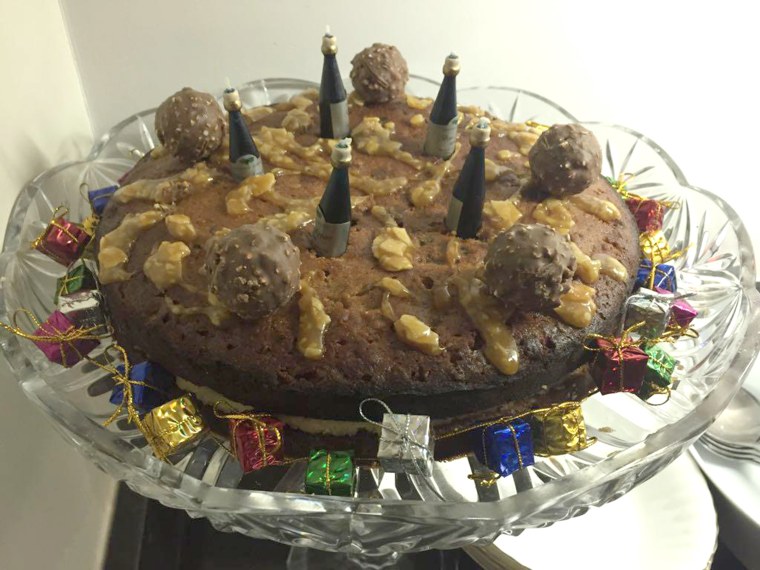
The recipe I was using called for an 8-inch tin but I only had a 10-inch tin, but that didn’t faze me, so off I went with my 10-inch tin. I needed room-temperature butter and eggs, but I hadn’t left mine out of the fridge, but again, that didn’t seem too important, so in went my cold butter and eggs. There were some notes on mixing techniques and other bits, but I didn’t bother reading those, so I just mixed everything together and bunged it in the oven. The result? Thankfully, my cake didn’t evaporate, although I almost wish it did, because I was left with a dense, poorly risen cake. Delightful. Flavor was all right, though.
Baking is a science
I didn’t quite understand what exactly I had done wrong, and so I decided to troubleshoot through a lot of Googling. But then I was inundated with hundreds of answers which really threw me. Things like oven temperature, fan-assisted versus regular, mixing time, types of mixing, temperature of butter, types of cake tins and even different methods of cooling the cakes. And I think that’s when the penny dropped: Baking is a science.
So, looking back on things, I was pretty damn confident, thinking I could just nail baking after one measly attempt with no recipe and no weighing scale. So I decided to practice, just with cakes (I didn’t want to bite off more than I could chew), and I made more and more cakes, adjusting different elements if things still weren’t quite right, until I finally mastered the perfect sponge.
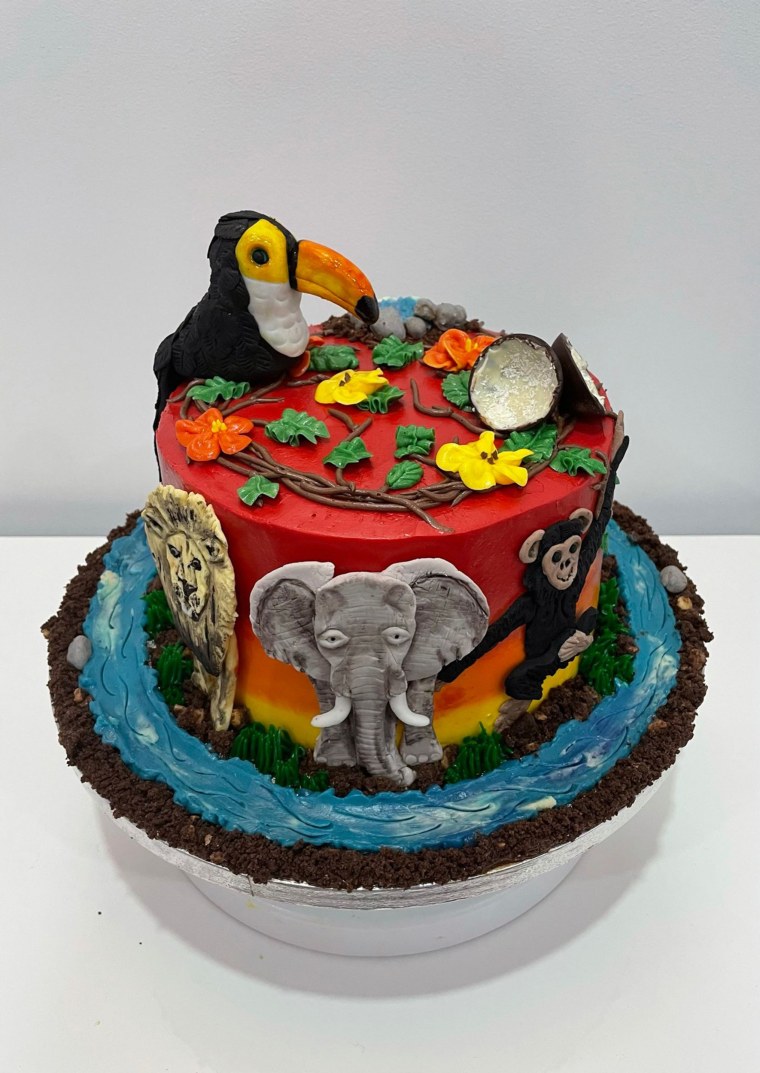
Patience is a virtue
But, you may wonder, how did I have the patience to keep trouble shooting? The answer: I love food. I love cooking and the process of making something out of ingredients, and watching it come to life. I love feeding people. It’s my passion. So baking, in that sense, isn’t any different. Because I am so passionate about food and making food, I had the drive and the interest to keep going until I nailed it. And I think that is one of the key ingredients you need to start baking is a true love and a passion for what you’re doing. Because without it, when things go wrong (which is likely), you need to be able to start again and want to learn from your mistakes.
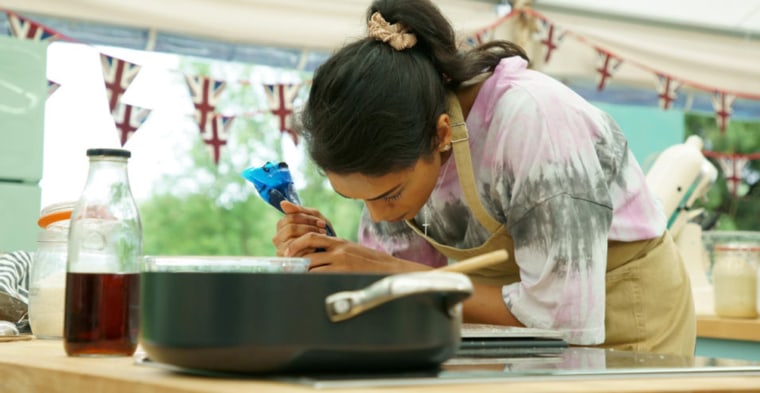
Make the investment
After I got to grips with cake, I then started branching out with pastry, biscuits and bread. But this time, I knew that I couldn’t just make up recipes, so each time I started something new, I’d find a trusted recipe, look up tips and tricks and use a weighing scale. This was when I realized it was worth getting a bit more equipment. Nothing too fancy — I actually didn’t get a stand mixer until very recently (my 25th birthday, to be precise, which was just a few months before applying for "Bake Off"). But I realized that I needed more basic things, like more than one cake tin, digital weighing scales and a cooling rack.
You don’t have to love every aspect of baking. Find what you love, what you’re good at, and just keep at it.
CRYSTELLE PERERIA
Find your niche
After finally understanding the very basics of baking, I then found the confidence to start doing what I do best: adding flavor and getting creative. I think it’s easier to first learn the basics of baking, and then get creative with your flavors, because more often than not, it’s those added bits of flavor like fruit, nuts or syrups that can change the consistency of your bakes (because baking is a science, remember!). But once you’re comfortable, feel free to go wild and experiment with flavors, or even learn about decorating techniques (like pastry-plaiting or buttercream-piping), if that’s your thing — whatever you gravitate towards.
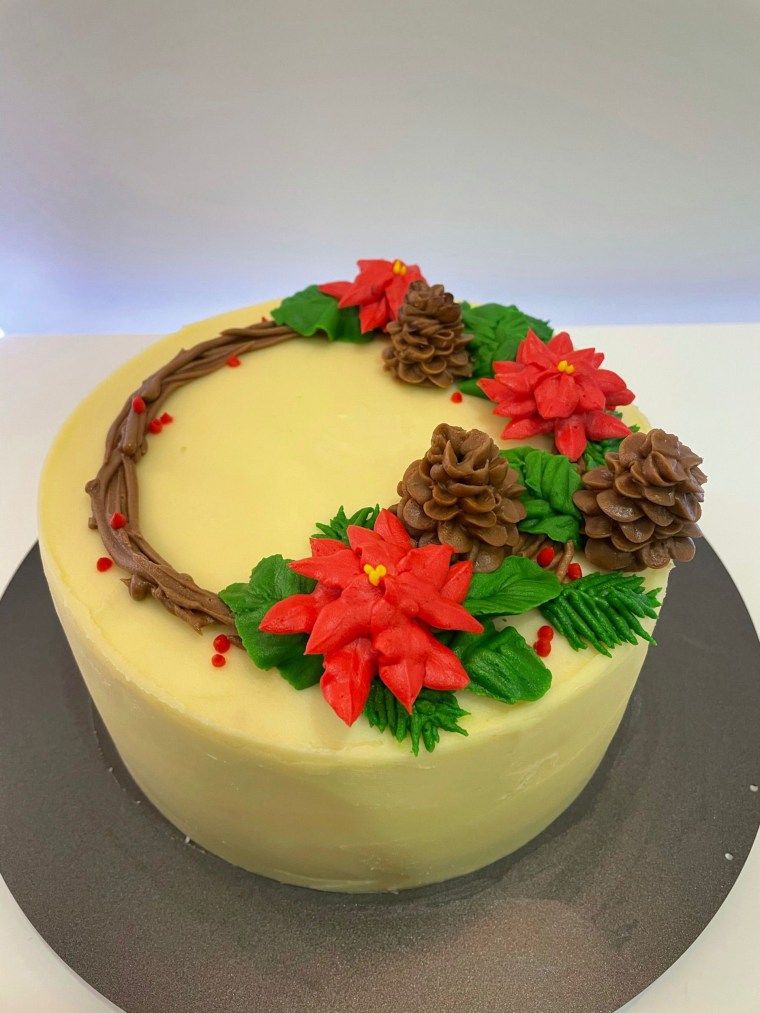
The baking world is massive, and not everything is for everyone. I’ll be honest with you — I don’t enjoy tempering chocolate. Don’t get me wrong, I love putting chocolate in my bakes, but tempering is just one thing that I’m not a fan of. I learned how to do it in the tent, but I’ll never opt to do it. However, I love piping buttercream flowers. You don’t have to love every aspect of baking. Find what you love, what you’re good at, and just keep at it.
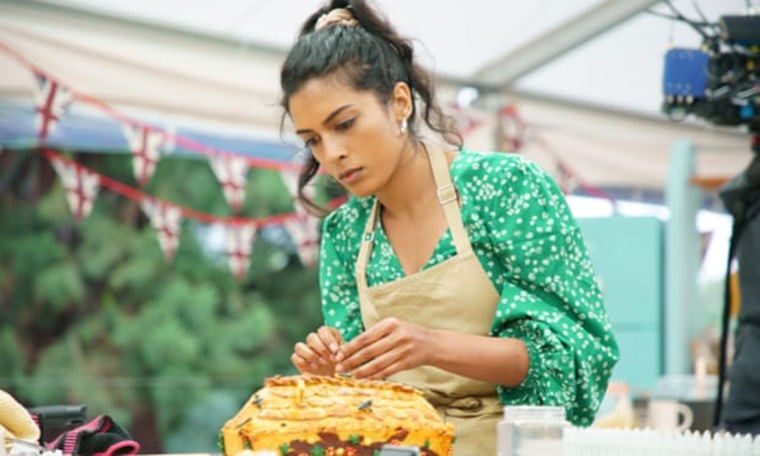
Which brings me to my roundup for you all. Is it too late to start baking? Absolutely not! There is no right or wrong time to start baking — just go for it, but perhaps keep a few things in mind:
- Mistakes will happen. And that’s OK. Practice makes perfect, so keep going, troubleshooting and remember that Google is your best friend.
- Baking is a science. You can’t expect to throw things together and hope for the best. Precision is key here.
- Make the investment with essential equipment. A good cake tin, a weighing scale and a working oven is a good start.
- Find your niche. You don’t have to master everything in the baking books — just focus on what you love the most.
- Enjoy the process! As long as you have a passion and an interest in either baking, cooking, food or all three, that will set you up for success, whether it takes you two weeks, two months or two years.
